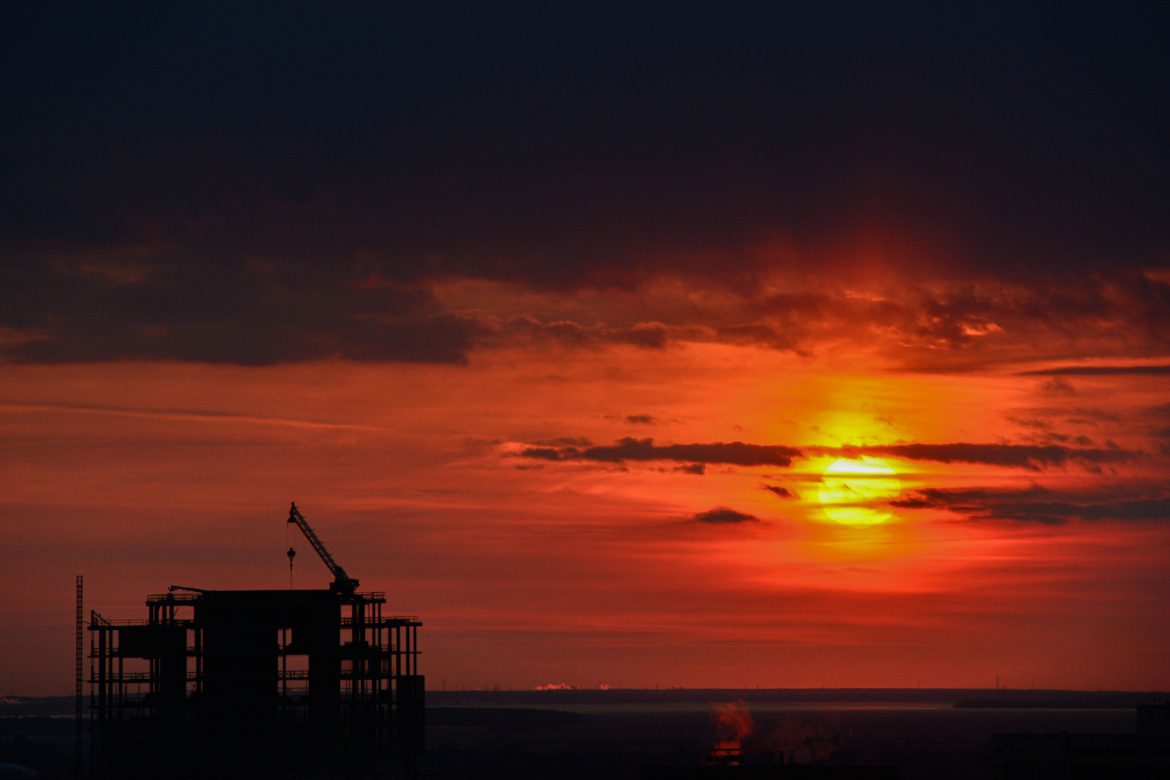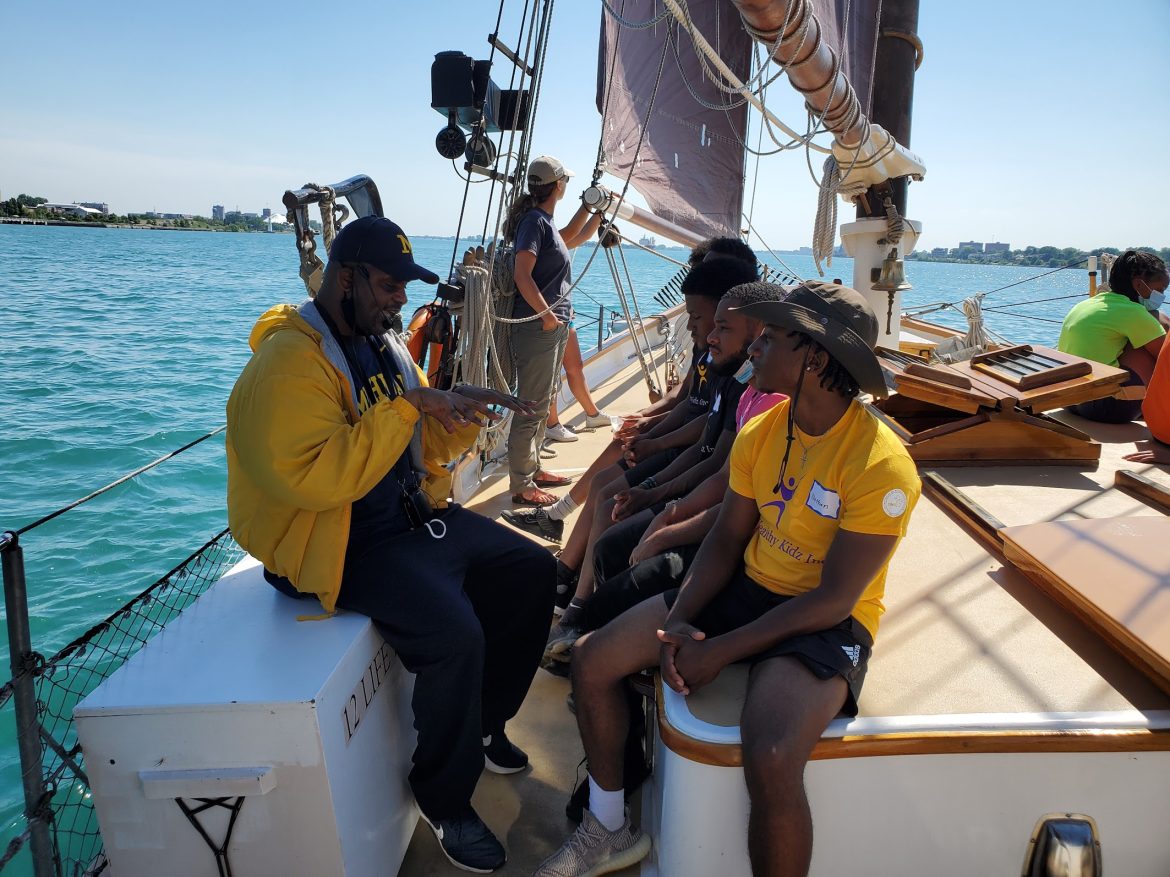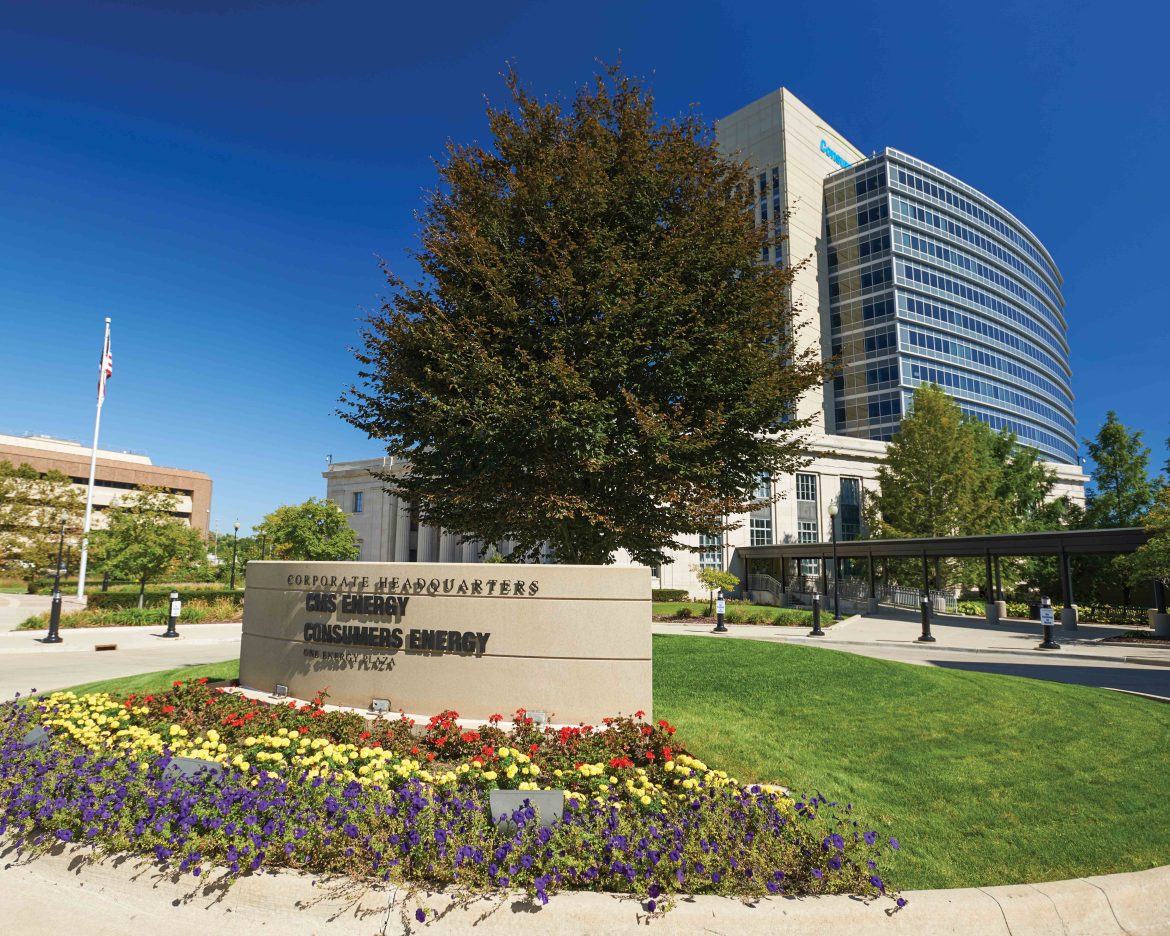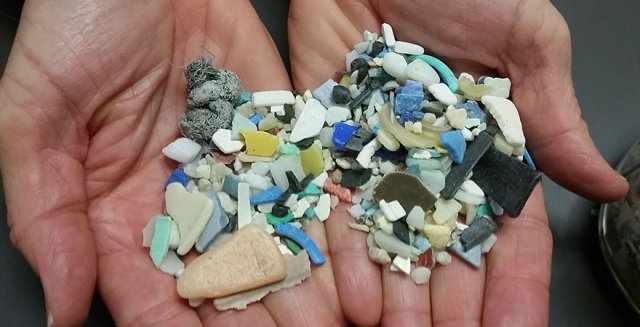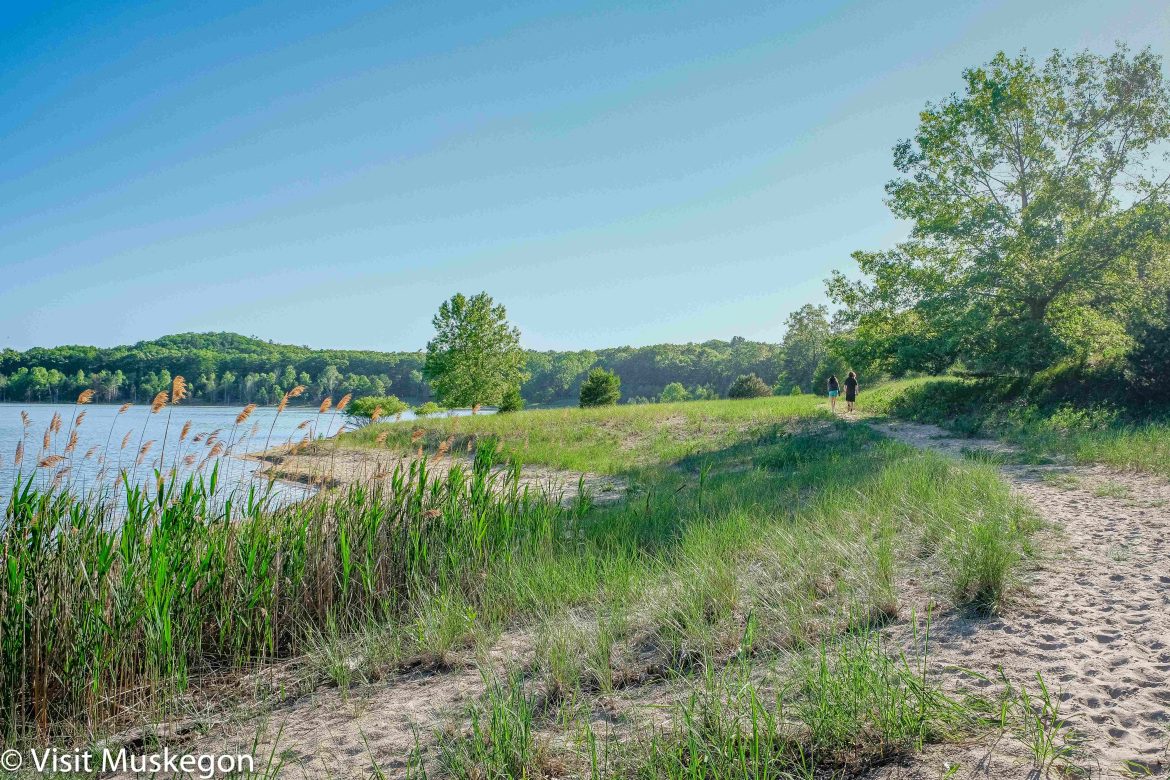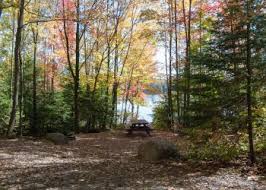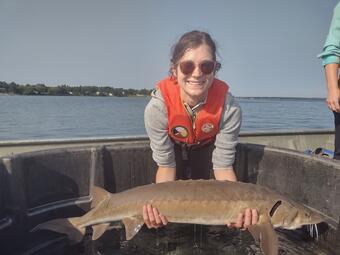Cities & Suburbs
New book shares how Mackinac Island became Michigan’s tourism gem
|
By Isabella Figueroa Nogueria
Frank Boles, a retired Central Michigan University historian, has spent decades documenting Michigan’s past. His latest book, “Visiting Mackinac: 150 Years of Tourism at Michigan’s Fabled Straits,” explores how Mackinac Island and the surrounding Straits region became a hub for travelers from across the country.

